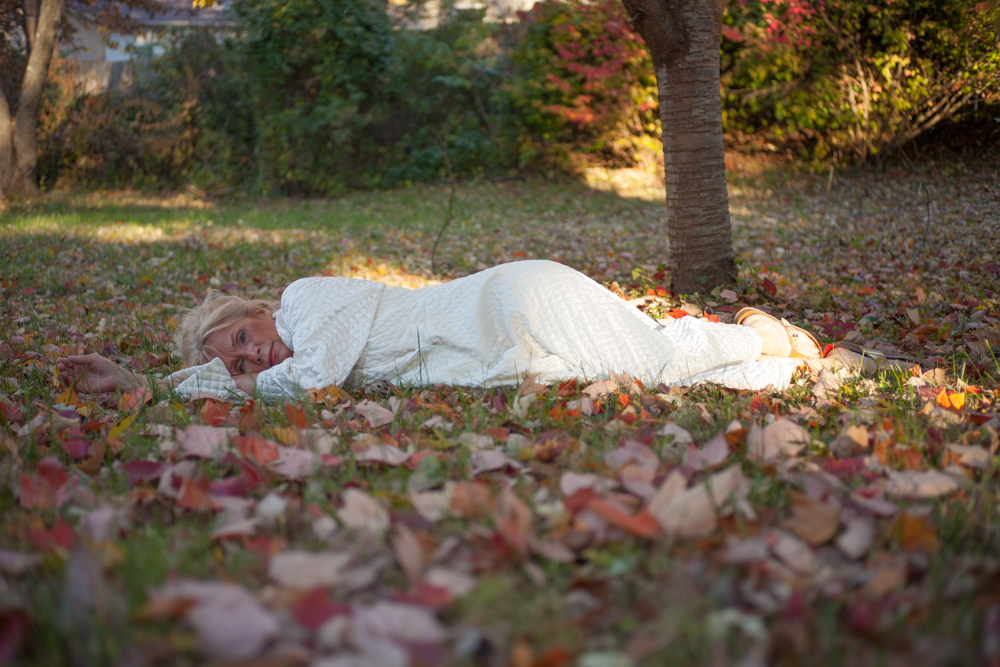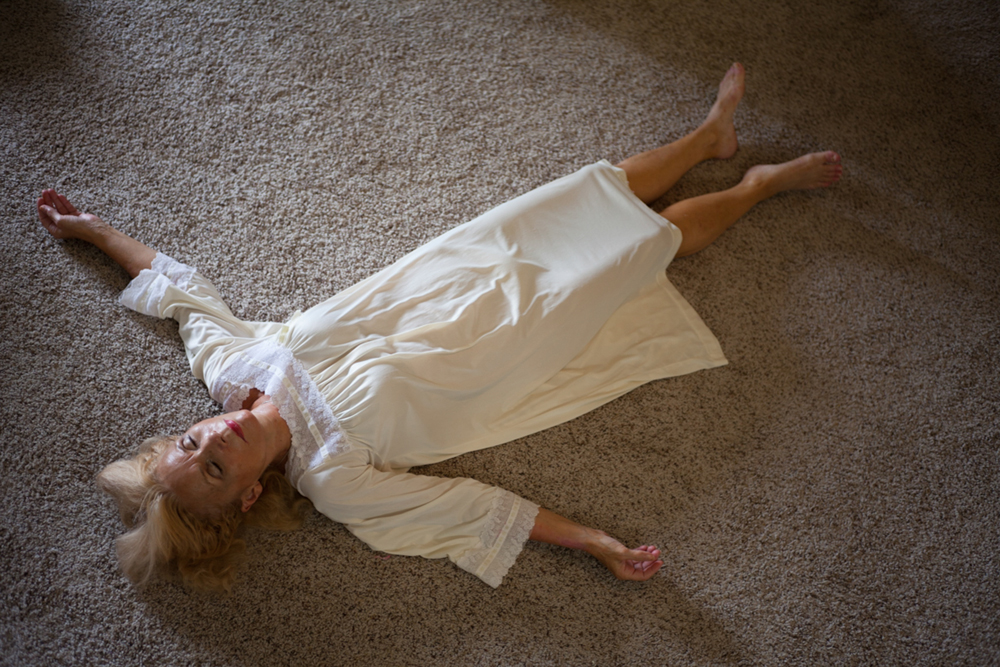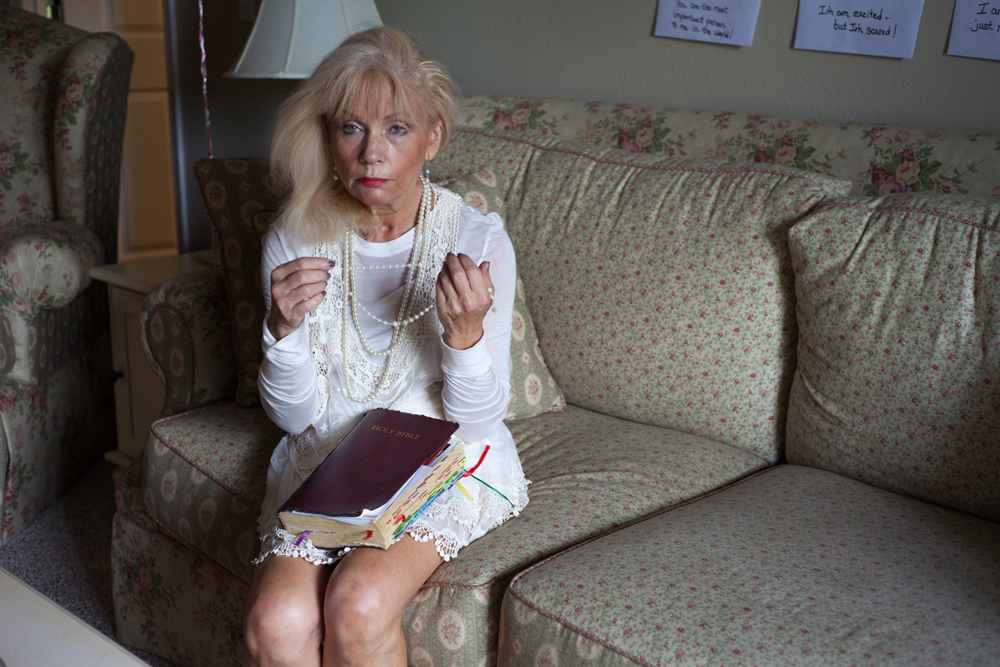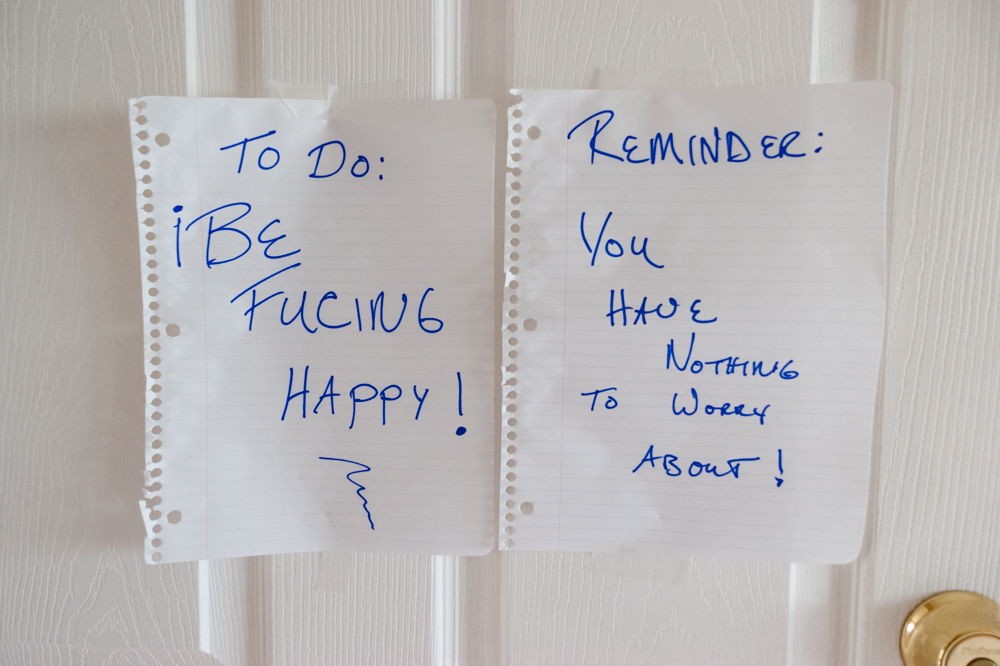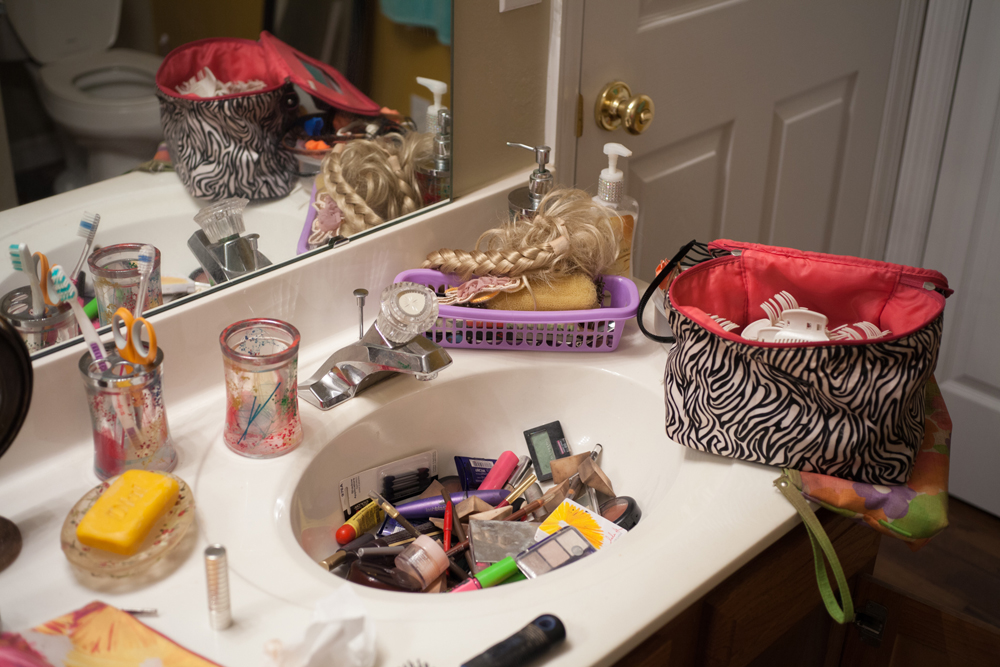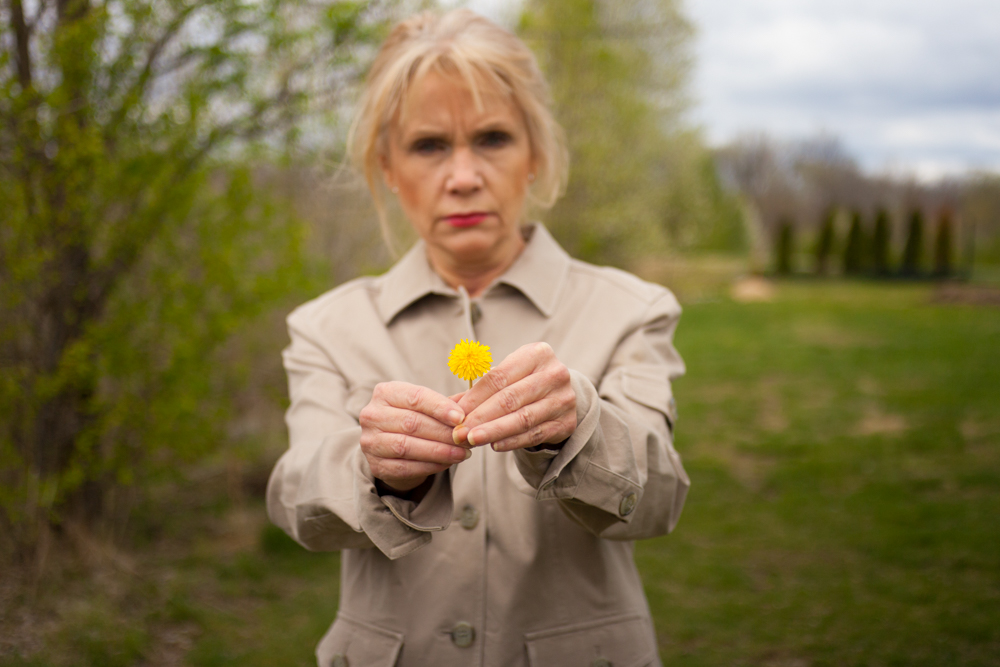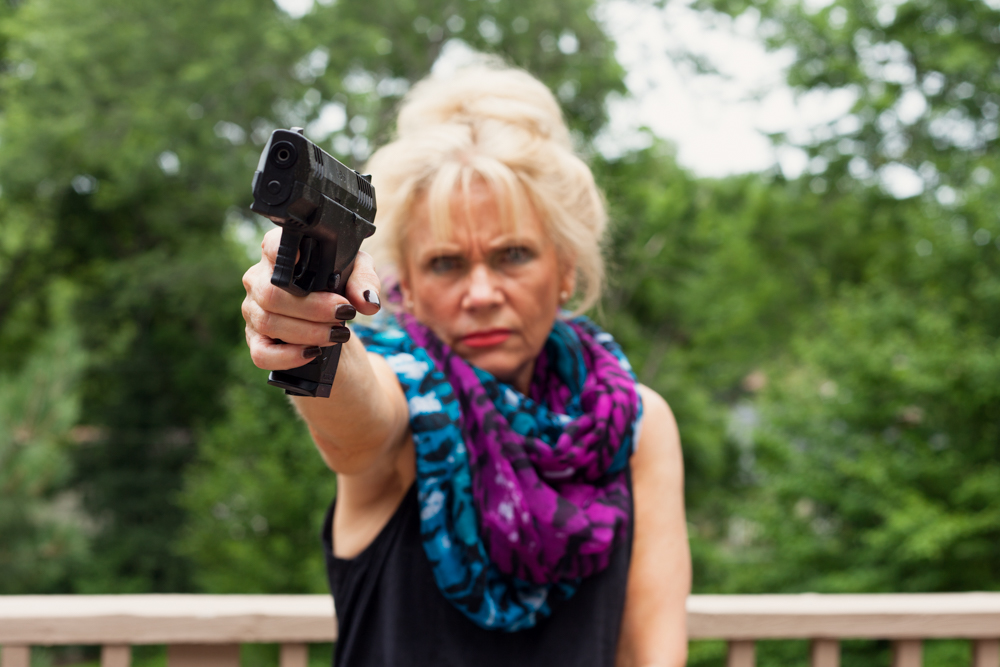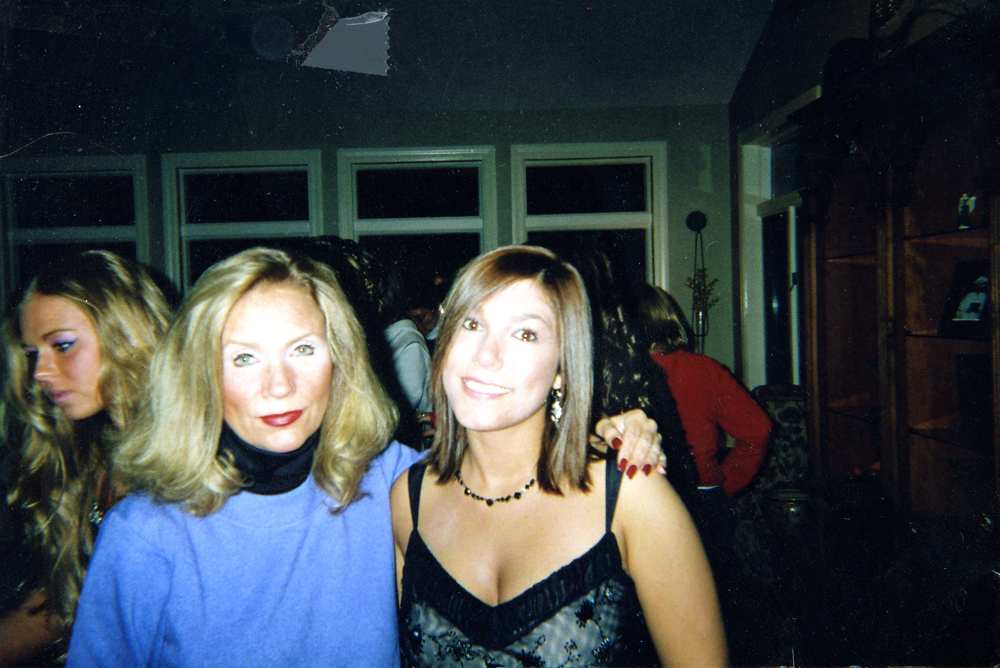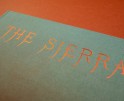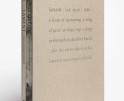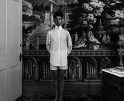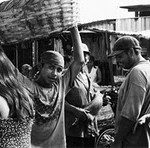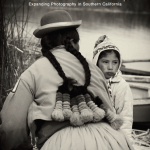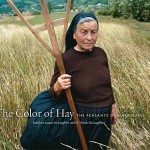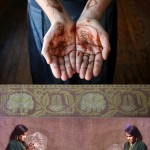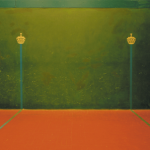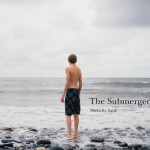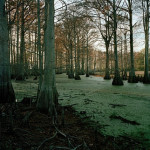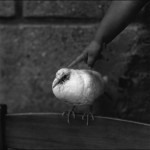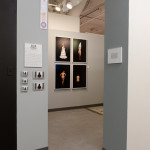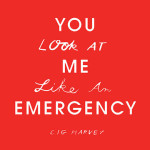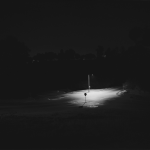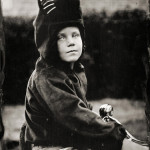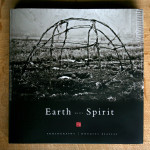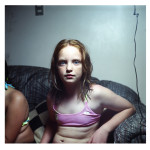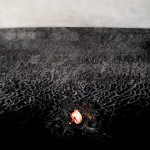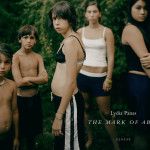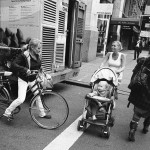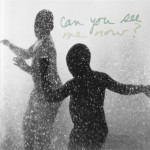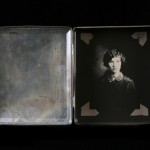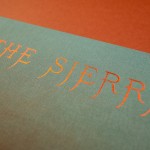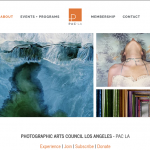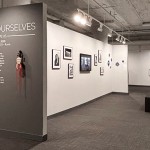Interview with Melissa Sptiz: You Have Nothing to Worry About
Melissa Spitz is an artist from St. Louis, Missouri who currently resides in Brooklyn, New York. She received her BFA from the University of Missouri – Columbia and her MFA from the Savannah College of Art and Design. Melissa was recently named Instagram Photographer of 2017 by TIME Magazine. Her work has been featured by the Aperture Foundation, TIME Magazine, VICE, The Huffington Post, The Magenta Foundation and other publications. Melissa currently has a solo exhibition of You Have Nothing to Worry About at Savannah College of Art and Design which is on view until April 29th.
In You Have Nothing To Worry About, Melissa captures her mother, Deborah, as she fluctuates between different states of emotional distress and recovery. Through making these images, her role as daughter shifts to caretaker and observer. I came across this project on Instagram, and was taken by Spitz’s engaging use of the platform. Through the inclusion of low-res videos, archival family photos, and more formal imagery, she offers a multilayered look into how she sees her mother, from childhood outings at music festivals to later moments of collapse and aloneness. Hilliard-esque triptychs suggest motion and time passing, and scans of handwritten notes invite us into Deborah’s interior world. This nearly decade-long project continues to evolve, which you can follow in real time here: https://www.instagram.com/nothing_to_worry_about/
I’d like to know more about your Mom in her early years. Where is she from, and what was her life like before starting a family?
My mom is from St. Louis, Missouri. She suffered a lot of abuse as a child and teen at her local church and at home. It’s hard to know what’s true and what isn’t. Before starting a family, she got her masters and was a special education elementary school teacher. She has always been beautiful.
Tell us more about the title of this project.
The title comes from a note that my brother left for my mom. We used to leave notes all around the house to try to make her feel better, and would constantly tell her “You have nothing to worry about!” When I made this photograph it became the natural title of the work.
I can’t help but wonder about the times you had with your mother before you became an adult and a professional photographer. Can you talk about some of your childhood memories with your mother?
I have a lot of childhood memories with my mom. Some are totally normal, like afternoons at Six Flags and licking a bowl of brownie batter. Others aren’t, they are violent and dark. If I really think about things I can remember them, but there are a lot of things I have blocked out over the years.
What were your primary influences for this project?
Streetwise was the first documentary film I saw that really triggered an emotional reaction. I appreciated Mary Ellen Mark’s dedication to her subjects. Soon after, I saw The Ballad of Sexual Dependency and loved Nan Goldin’s passion for her friend’s lives, regardless of the content of the images. Those two projects combined with A&E’s Intervention all prompted me to finally take my camera home. It was something I always wanted to do, and these projects and stories gave me the moral support I needed.
In what way does your mom collaborate in the making of these pictures? Do you have a sense of how she would like to be seen by the camera?
In certain photos she will tape notecards all over the wall and pose between them. Other times she purchases props or certain dresses. She likes to be seen as a victim, and often will tell me that “people like the sad shit.” She always wants to know how beautiful she is.
How do you see your archival family images functioning in this project?
The archival images function as a B-roll to the story. Most times they are incredibly foreshadowing. Lately I have been using them like research. I will search for images of my mom where she looks unhappy, or has a similar expression as one of our photos. I have been scanning home videos for the same moments. I believe the past informs the present, so these images are integral to the story.
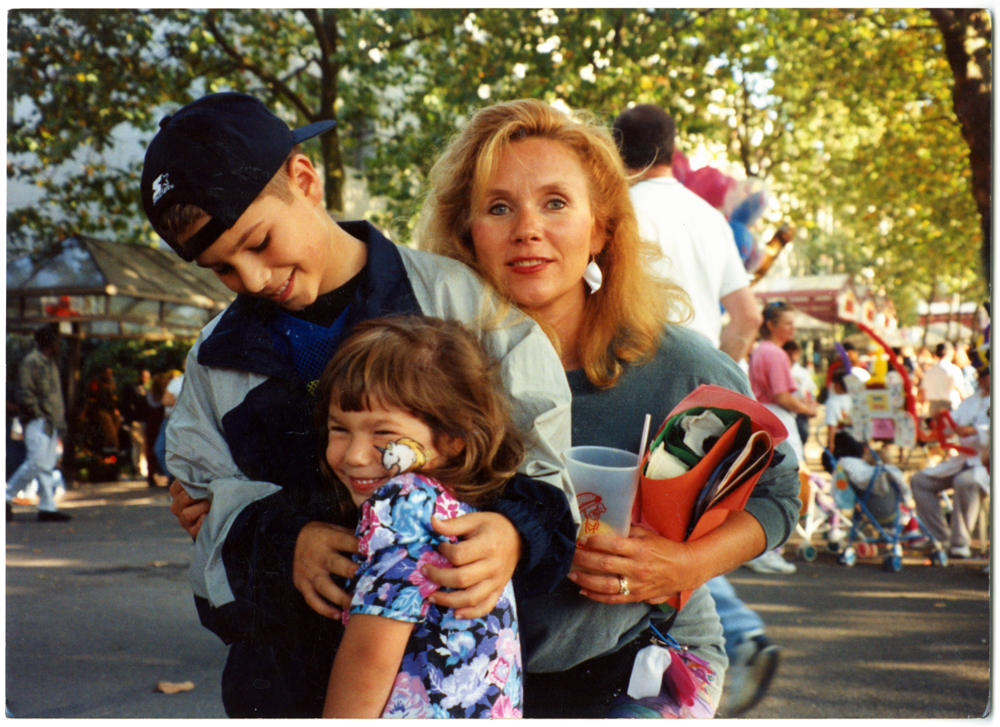
©Melissa Spitz, The last time Dad remembers Mom being ‘normal’, Bumbershoot, Seattle, Washington, 1994
In the artist statement on your website, you write “I am fully aware that my mother thrives on being the center of attention and that, at times, our portrait sessions encourage her erratic behavior.” How has this project affected your relationship with your mother, and have the negative effects of this process ever tempted you to stop collaborating altogether?
Overall the project has affected our relationship for the better. There was a time when my mom and I didn’t even enjoy being in the same room together. Now I talk with her often and truly feel empathy for her. My mom has used the camera against me or to her advantage and that’s when I stop. She will demand I stop taking photos of her and then beg me to start again. She has tried to take her pills more, or drink more, and in those situations I just shut the whole thing down.
Instagram is a large part of your practice. I’m interested in your tiled images that create one larger image in the grid view. Can you talk about how you’ve used this platform to tell the story of your relationship with your mother?
When I started the Instagram I had just finished my MFA thesis and had all of these photos of my mom and our story and no way to share them. I used an iPad and started a brand new account devoted to the project. At the time, you could only post images as squares and I did not want to crop my images, so I started cutting them into pieces in Photoshop and uploading them one by one. Immediately the Instagram took on this metaphorical way of understanding mental health. Having to zoom in and out made sense. Having moments start and stop could finally be depicted and shared.
You have been making this work since 2009. How have the pictures changed in this decade-long process, and do you see foresee this project ever having a finite end?
For me my camera is just an extension of myself, so I don’t think the pictures have necessarily changed, but I have. I was once very critical and angry. Now I feel much more sympathetic and understanding, but I realize I am still very young. I have been thinking a lot about how I will feel about the work if and when I am a mom. I see the project continuing for as long as my mom is alive, and imagine I will continue being interested in motherhood and our relationships with offspring.
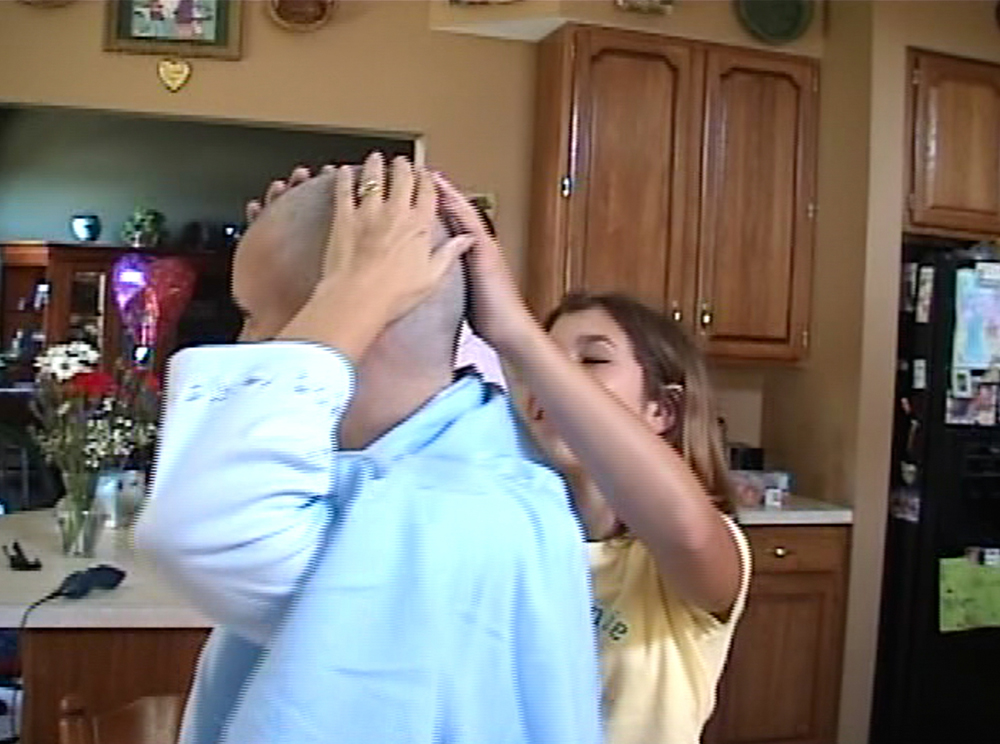
©Melissa Spitz, Head Shave, Screenshot from home video of me shaving mom’s head prior to her chemotherapy treatments, 2001
Swinging, 2013 from Melissa Spitz on Vimeo.
Posts on Lenscratch may not be reproduced without the permission of the Lenscratch staff and the photographer.
Recommended
-
Aaron Rothman: The SierraDecember 18th, 2025
-
Photographers on Photographers: Congyu Liu in Conversation with Vân-Nhi NguyễnDecember 8th, 2025
-
Linda Foard Roberts: LamentNovember 25th, 2025
-
Arnold Newman Prize: C. Rose Smith: Scenes of Self: Redressing PatriarchyNovember 24th, 2025
-
Spotlight on the Photographic Arts Council Los AngelesNovember 23rd, 2025

